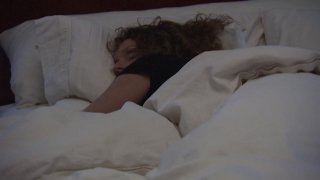
Many of us rely on tech all day long. But did you know it could also help you at night when it’s time to go to bed? Consumer Reports explains how adding some tech to your daily routine can make all the difference in getting a good night’s sleep.
Try to keep screens out of your face at least 30 minutes before bedtime. If you must, you can use the nighttime mode on your phone to reduce your exposure to blue light.
Another tip? White noise, whether from a bedside machine or an app, can help muffle the sound of your neighbor’s motorcycle or cars on a busy street.
If you’re a metrics or numbers person, consider tracking your sleep with a fitness tracker or smartwatch.
Get San Diego local news, weather forecasts, sports and lifestyle stories to your inbox. Sign up for NBC San Diego newsletters.
There’s evidence that meditation can also help you sleep at night. Some research shows that using apps such as Calm and Headspace can be effective, but remember to limit how much time you spend on devices at bedtime.
And if you’re sleeping next to a pile of work papers or your computer, CR says don’t!
When it’s time to clock out, your work should be out of sight so it can also be out of mind. If you don’t have the space to move your office to another part of the house, at least tuck your computer and work away as best you can. Then your brain won’t be constantly reminded that there’s work to be done, so you can rest easy.
Local
CR also says taking a tech break in the morning could lead to a better night’s sleep. Try avoiding email and texts at the start of your day so you can focus on what you need or want to do first. That can give you a sense of control over your day.



